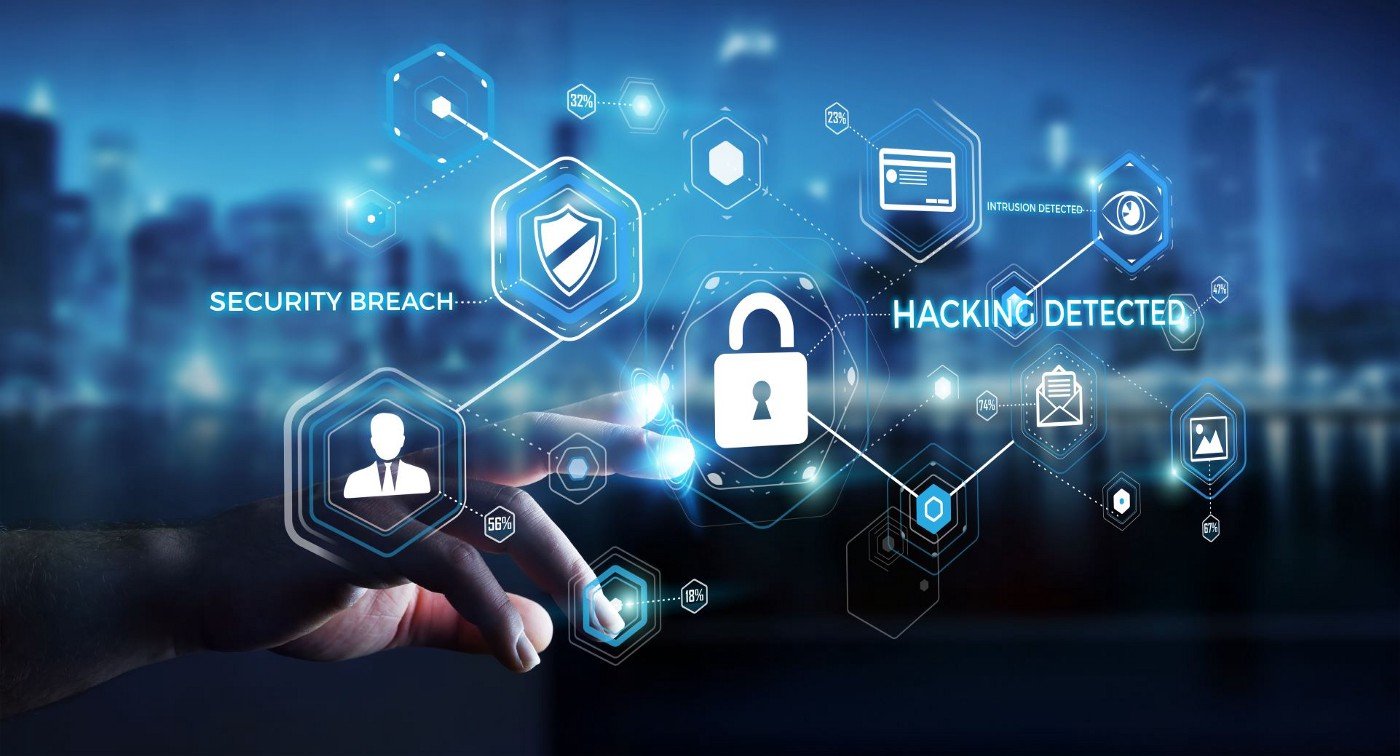You’ve likely heard of the recent attempted cyber-attack against SpiceJet. This caused delays and cancellations to flight schedules. This incident is a great example of how digital and real life can intersect and impact one another. One report states that data breaches in India were second in the world in 2018. The situation has only gotten worse since.
It is true that digitization is increasing and people are more tech-savvy, this has led to a surge of online businesses. However, there has not been a significant increase in the number of online businesses.
Cybersecurity online is an important topic that must be closely monitored and protected by strict policies from the government. The burden of cybersecurity should not fall on the consumer in an ideal world. However, we aren’t living in that ideal world after the data leveraging scandal at Facebook in 2019. Here are three pieces of personal data you need to be careful about before sharing your information online.
1. Your phone number
Each website you visit, each store you shop at, as well as most apps that you use on your phone, require basic information, including your number. These numbers can then be stored on their databases, and you may not know it. If your phone logs are cluttered with calls from annoying telemarketers, there is a good chance this data breach has already taken place.
Your phone number is probably the most private information you can share online. It is a way for people to reach you and also opens up doors to other personal information. Reverse searching a number can reveal a lot about someone, including their addresses and personal details. It acts as an identifier that is reliable and unique because people don’t change their numbers often. It is possible for 200 million people to have the same name as yours, but only 0 will have the exact same number.
2. Your address and your location
While most people know that it is not a good idea to share your personal information or place of residence to stranger sites, location sharing can be a tricky thing to do. Your location can be accessed in two ways. The first is when you directly and knowingly share it with delivery apps or e-commerce sites. The second is data you passively share without realizing, such as through apps that allow you to access your location while you are using them.
Although you cannot always avoid sharing your address to legitimate vendors, it is possible to limit passive sharing by closely monitoring your smartphone’s permissions and browser settings. You can also digitally encode your address to share it with trusted sources. It’s not necessary to warn you that hackers love location data. So be vigilant and watch out.
3. Identity and financial information
It should be obvious that you shouldn’t enter your bank information on any unreliable websites. Never ask your bank for your passwords, OTPs or CVV. If you do receive such calls, don’t engage with them and report them to spam. You should not use public Wi-Fi or computers that are free to the public for financial transactions. It is best not to save bank details on any ecommerce site.
Don’t share sensitive documents such as your driver’s license, PAN card, Aadhar Card or Aadhar Card on public forums. Use password-protected documents when sharing sensitive documents via email or messaging apps.
Although the anonymity of the internet can give us a false sense security, you should also remember that these are real-world risks which could occur to you. Be careful when you share personal information online. Also, be aware of basic internet safety tips. User information is valuable in cybercrime.

